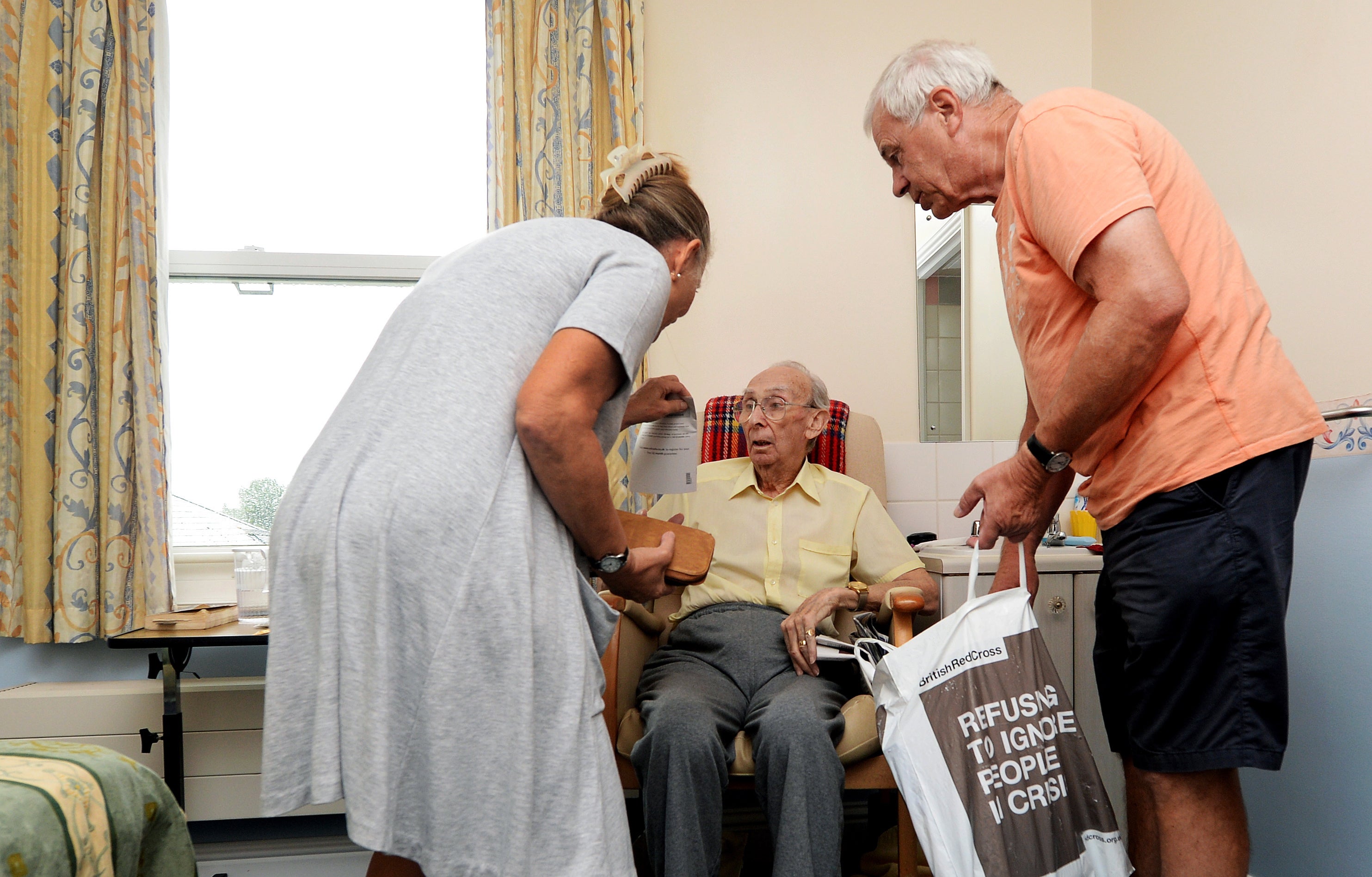Government’s social care reform plan is ‘insufficient’, experts warn
‘The steps outlined don’t go fast or far enough’ and funding is ‘insufficient’ says expert Sally Warren

Government has been heavily criticised for its “insufficient” social care plan as experts say funding will not be enough to make services sustainable.
The white paper sets out a 10-year vision for social care and includes how the government will spend the £5.4bn promised to the sector over the next three years.
The document sets out details of how £1.7bn will be used to improve social care and includes £300 million to expand supported housing and £500m to improve skills within the social care workforce.
However, leading experts, such as Sally Warren from think tank The King’s Fund, have warned the 10-year plan “does not go far enough.”
In a statement she said: “The overall vision in the white paper is the right one and if delivered could significantly improve the experience of people receiving care and those who work in the sector. However, the steps outlined don’t go fast or far enough to achieve this vision and the funding allocated to deliver it is insufficient.”
One expert explained to The Independent that £500m for the workforce over three years, if multiplied by the current numbers working in adult social care, would only mean £150 per person.
Other details published by the Department for Health and Social Care on Wednesday include:
• £25m to support unpaid carers
• £150m to expand the use of technology and digital care tools
• £70m to help local authorities improve their own capabilities
Think tank The Nuffield Trust has warned of a crisis in social care staffing, as it estimates services may have seen up to a 70,000 drop in workforce over the last six months.
Responding to the social care white paper on Wednesday, The Nuffield Trust’s deputy director for policy Natasha Curry said: “There is a question about how thinly the funding committed to these proposals will be stretched. Beyond the initial three years of the levy, it also heavily banks on the actions of future governments and the assumptions that funding raised can be diverted from the NHS to social care.
“The sector is in the grasp of a deepening workforce crisis, losing as many as 42,000 staff in the last six months, but with no proposals to significantly address low pay, the strategy to tackle these urgent challenges remains uncertain. There are already long waiting lists for care and councils are already struggling to meet growing needs.
The government has also promised £3.6bn over three years, to pay for the cap on care costs that it has promised. However, it was heavily criticised for amendments to the Care Act earlier this month, which would mean its cap on costs would not actually benefit the poorest households.
The £5.4bn over three years will come from the government’s 1.25 per cent new health and social care tax, which was announced earlier this year.
David Fothergill, chairman of the Local Government Association’s Community Wellbeing Board, said reforms to the Care Act were welcome and “particularly the emphasis on housing, greater recognition of the workforce and skills, and prevention, action on all of which will improve the quality and experience of people who draw on social care”.
However, he said there is a need to balance the expectations in the paper with the reality of the funding available, which is “insufficient to meet current and rising demand”.
He added: “While councils share the government’s ambition and want nothing more than to deliver it, they will need a substantially bigger share of the new Health and Social Care Levy for that to happen.”
Health and social care secretary Sajid Javid said: “The pandemic has been an important turning point for social care, putting into the spotlight the incredible work the sector delivers day in and day out and highlighting the urgent need for change.
“This 10-year vision clearly lays out how we will make the system fairer and better to serve everyone, from the millions of people receiving care to those who are providing it.
“We are investing in our country’s future – boosting support to help people live at home with their families for longer and ensuring that health and care work hand in hand so people get the help they need.”
Subscribe to Independent Premium to bookmark this article
Want to bookmark your favourite articles and stories to read or reference later? Start your Independent Premium subscription today.

Join our commenting forum
Join thought-provoking conversations, follow other Independent readers and see their replies